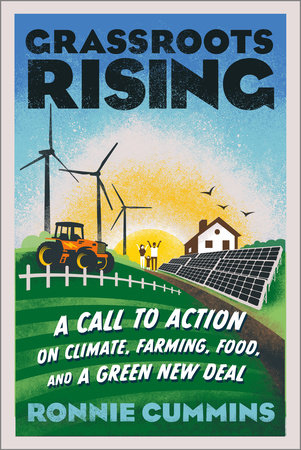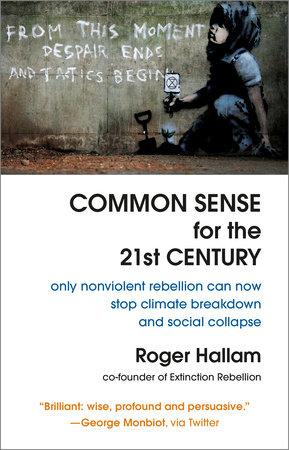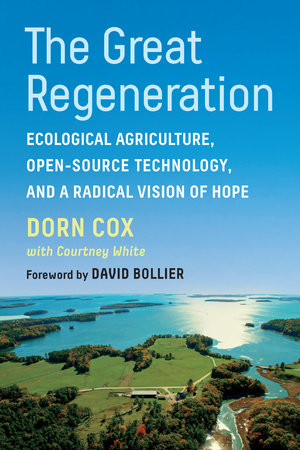Road to Regeneration: Starting point
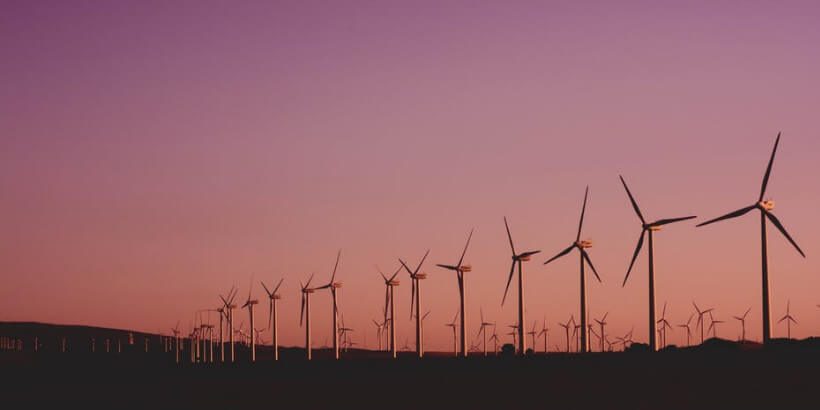
In order to save the Earth from environmental collapse, we need to move toward total sustainable energy usage and cut greenhouse gases very soon. We’ve already made huge strides in reducing our carbon footprint and using better farming practices, but it’s important for us to keep taking steps towards energy conservation. The regeneration revolution will help us boost food quality, restore public health, eliminate rural poverty, and repair environmental destruction.
The following is an excerpt from Grassroots Rising by Ronnie Cummins. It has been adapted for the web.
Can we realistically reduce greenhouse gas (GHG) emissions by 50 percent and scale up sequestration by fivefold within a decade, as part of a global Regeneration revolution? The good news is that we’re already starting to do so.
On the renewable energy and energy conservation front, we must: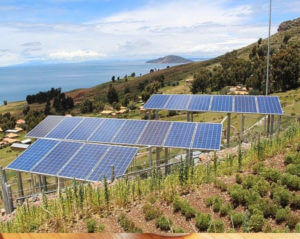
- Continue to scale up the solar, wind, and renewable energy economy (which now provides more than 12 percent of global energy needs).
- Increase vehicle fuel economy standards and replace our gas and diesel guzzlers with as many electric cars, buses, trucks, and trains as possible (transportation, including food transportation, now accounts for almost 14 percent of all global fossil fuel emissions).
- Shut down all coal plants and completely eliminate coal use in the electricity and industrial/manufacturing sectors (coal currently is responsible for 30 percent of all global GHG emissions).
- Aggressively move to green construction materials and practices and retrofit the world’s buildings for greater energy efficiency (the global carbon footprint for buildings and construction amounts to 39 percent of all GHGs).
- Build national and international “smart” electrical grids to efficiently utilize all of the renewable energy that the world will be producing.
Meanwhile regenerative land management practices are spreading across the globe. Building upon and scaling up these already existing, shovel-ready best practices of regenerative food, farming, reforestation, and land use on 10 to 20 percent or more of the world’s croplands, rangelands, forests, and wetlands, while also repairing a significant proportion of our degraded and desertified wastelands, will buy us the time we need to convert to a 100 percent (or near 100 percent) renewable energy economy. This, in turn, will enable us to restore the essential carbon, methane, nitrogen, and hydrological cycles/balances between the atmosphere and our terrestrial and marine ecosystems—the major carbon and GHG sinks or repositories on the planet.
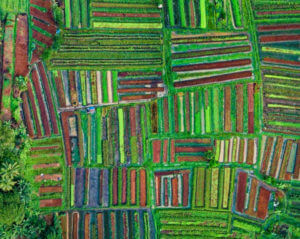 This Regeneration revolution will also help us, as we’ve seen, boost food quality, restore public health, eliminate rural poverty, and repair environmental destruction. In most cases we don’t have to travel very far to find examples of the climate-friendly food, farming and land use practices that we need.
This Regeneration revolution will also help us, as we’ve seen, boost food quality, restore public health, eliminate rural poverty, and repair environmental destruction. In most cases we don’t have to travel very far to find examples of the climate-friendly food, farming and land use practices that we need.
There are living examples—generally small-scale, but in some cases larger-scale—of these best practices all around us, even if, up until now, most regenerative entities have received very little publicity. The kind of farms, ranches, gardens, forests, food hubs, wetlands, rangelands, and educational/training projects we need can be found in all 195 nations of the world, in every region, and in, or adjacent to, every one of the world’s million cities, towns, and villages.
Our job is to search out and map these centers of Regeneration, to support them, and to spread the word about them to the larger public.
Then, with other Regenerators, we must build the local-to-international grassroots movement we need to scale them up. The road ahead is long and challenging, but objective conditions for a great Regeneration, facilitated by bold political action, as exemplified by the GND proposal in the United States, are now more favorable than they have been for decades.
Recommended Reads
Recent Articles
Why is modern wheat making us sick? That’s the question posed by author Eli Rogosa in Restoring Heritage Grains. Wheat is the most widely grown crop on our planet, yet industrial breeders have transformed this ancient staff of life into a commodity of yield and profit—witness the increase in gluten intolerance and ‘wheat belly’. Modern…
Read MoreAddressing the pressing issues affecting everyday Americans is essential—and one of our nation’s most profound challenges is the devastating impact of mass layoffs. Layoffs upend people’s lives, cause enormous stress, and lead to debilitating personal debt. The societal harm caused by mass layoffs has been known for decades. Yet, we do little to stop them.…
Read MoreWhat does facing the beast mean? In this time of uncertainty, we must practice regular reflection to achieve optimal happiness and health. The metaphor below gives insight into confronting and facing it, regardless of what “the beast” is to you. The following is. an excerpt from Facing the Beast by Naomi Wolf. It has been adapted for the…
Read MoreWe’ve all heard of the phrases “time flies” and “time heals all wounds,” but what really is time, and how does it impact our lives? The concept of time may be even more powerful than we think, especially when it comes to the money we save and spend. The following is an excerpt from The…
Read More“Climate change asks us questions that climate science cannot answer,” — Dougald Hine When it comes to climate change, it seems as if there are always new questions arising: How did we get to this point? How can we stop it? What’s next? Unfortunately, there is no black-and-white, straightforward answer to any of them —…
Read More

